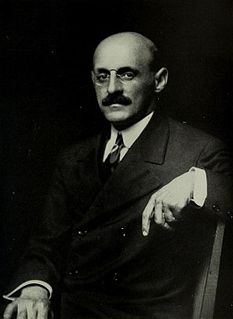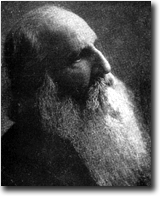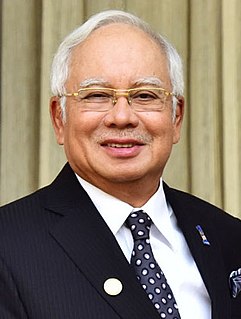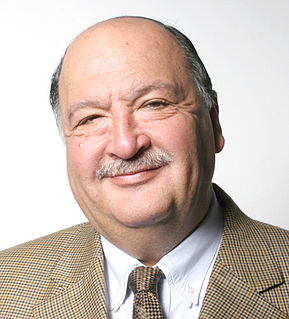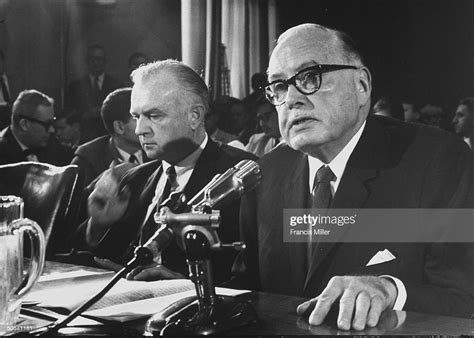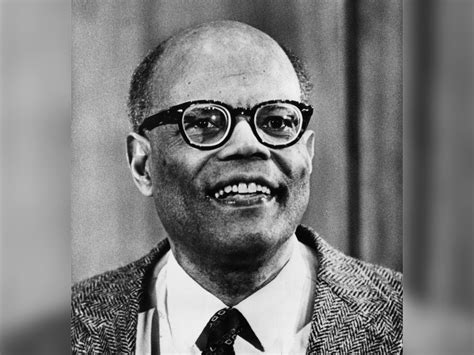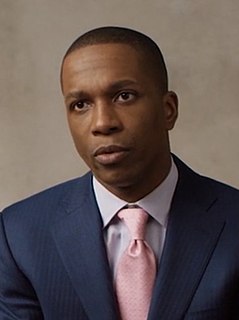A Quote by Abraham Flexner
The world in which we live is the only world about which our senses can testify.
Related Quotes
We live in a world which in some respects is mysterious; things can be experienced which remain inexplicable; not everything which happens can be anticipated. The unexpected and the incredible belong in this world. Only then is life whole. For me the world has from the beginning been infinite and ungraspable.
Science is empirical, all about physical senses that tell us about the world. But physical senses are not the only senses we have. Nobody has ever seen a thought. Nobody has ever seen a feeling. And yet thoughts and feelings are where we live our lives most immediately, and science cannot connect with that.
It should be clear by now that a nation can be no stronger abroad than she is at home. Only an America which practices what it preaches about equal rights and social justice will be respected by those whose choice affects our future. Only an America which has fully educated its citizens is fully capable of tackling the complex problems and perceiving the hidden dangers of the world in which we live. And only an America which is growing and prospering economically can sustain the worldwide defenses of freedom, while demonstrating to all concerned the opportunities of our system and society.
Rational thinking which is free from assumptions ends therefore in mysticism. To relate oneself in the spirit of reverence for life to the multiform manifestations of the will-to-live which together constitute the world is ethical mysticism. All profound world-view is mysticism, the essence of which is just this: that out of my unsophisticated and naïve existence in the world there comes, as a result of thought about self and the world, spiritual self-devotion to the mysterious infinite Will which is continuously manifested in the universe.
It is alone that part of the external universe which we call material which acts on man through his senses - that part of which we ordinarily feel our knowledge to be the surest; but in reality, strangely enough, as will soon appear, this is one of the aspects of the external world, of which we can know nothing.
We live in an extraordinary time. We are caught up in a pace of social and technological change that makes our work, our business and education, sources of anxiety and unfulfillment. Thinking about our thinking and observing our observations can bring us a new world in which work becomes a place for innovation, and in which peace, wisdom, friendship, companionship and community can exist. Let us design this world together.
In our dreams we have seen another world, an honest world, a world decidedly more fair than the one in which we now live. We saw that in this world there was no need for armies; peace, justice and liberty were so common that no one talked about them as far-off concepts, but as things such as bread, birds, air, water, like book and voice.
In this external world, which is full of finite things, it is impossible to see and find the Infinite. The Infinite must be sought in that alone which is infinite, and the only thing infinite about us is that which is within us, our own soul. Neither the body, nor the mind, nor even our thoughts, nor the world we see around us, is infinite.
